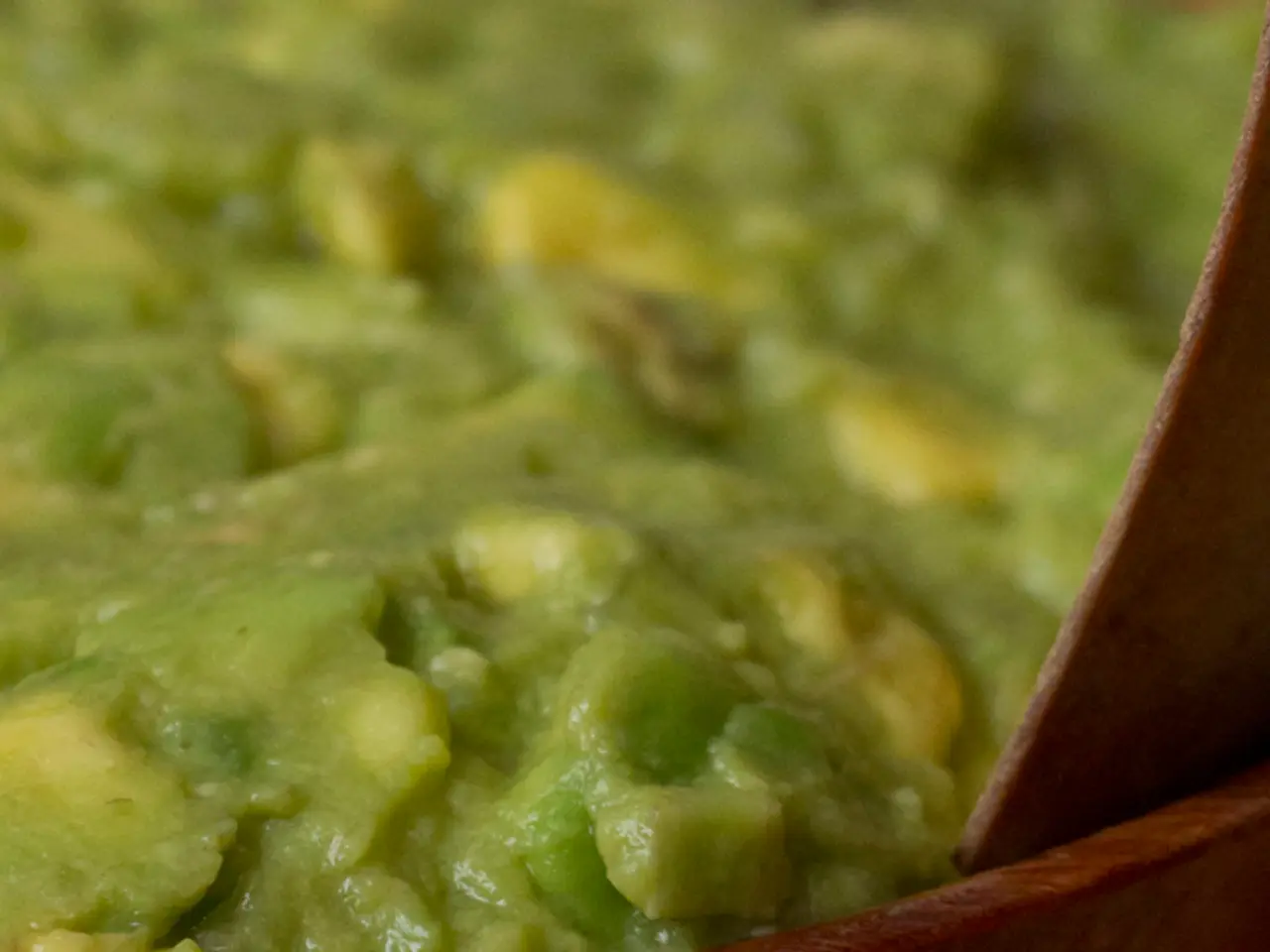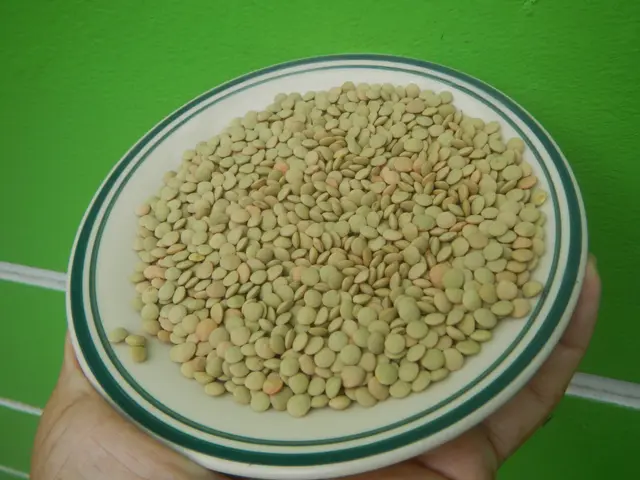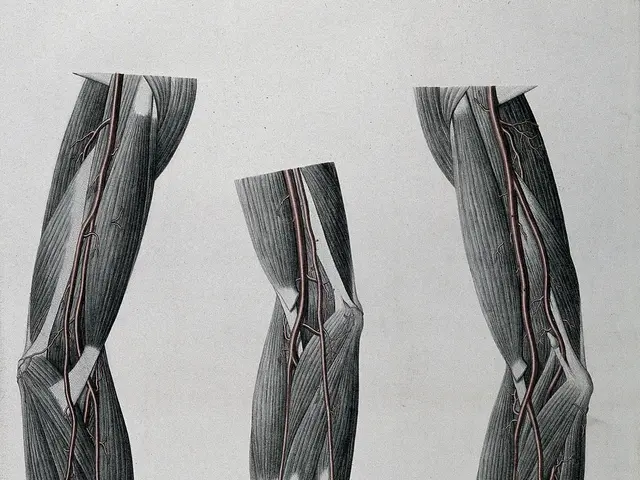Divinity Manifested in Physical Form
In the realm of social media, nutrition and fitness influencers wield significant power, shaping the health behaviours of millions, particularly among the younger generation. One such influencer collective, Genetikk, with their campaign "Young, Brutal, Healthy," presents an intriguing case study. However, a precise analysis of its impact on health and dietary choices remains elusive.
Genetikk, alongside influencers Aaron Badou and Fabian Kowallik, propagate a dietary philosophy that rejects processed foods, favouring unprocessed alternatives such as meat, eggs, fruits, vegetables, and milk. This anti-modern mindset extends to a rejection of food corporations, transnational organizations like the World Health Organization, and industrial products.
The documentary "Compulsively healthy eating - How a nutrition hype can make you sick," available in the ARD media library, delves into this topic, highlighting the potential harmful effects of such extreme diets on young people. The documentary discusses orthorexia, an eating disorder characterised by extreme diet regulation, and features a young man who describes his adherence to the "Rohgang" diet as a spiritual experience.
Influencers like Badou and Kowallik also intertwine their dietary program with religious narratives, referring to raw foods as "God's food" and wearing apparel with biblical references. This selective use of science, citing studies that support their narrative while ignoring or vaguely referring to those that contradict their beliefs, is not unique to Genetikk. It is a strategy employed by various figures, including Robert F. Kennedy Jr., the current Health Minister of the USA, who, despite his controversial past, advocates for the consumption of raw milk.
Kennedy's stance on raw milk contrasts with the consensus in the scientific community, which considers pasteurization of animal milk crucial for reducing bacteria such as salmonella or E. coli. Furthermore, Kennedy has been criticised for denying findings about AIDS and categorically rejecting vaccinations.
The promotion of unconventional diets by influencers like Genetikk, Badou, and Kowallik, coupled with Kennedy's advocacy for raw milk, raises concerns about the potential impact on public health. A comprehensive study on the influence of such figures on young people's health and dietary choices, specifically focusing on the case of Genetikk's "Young, Brutal, Healthy," would require detailed content analysis of their messaging, audience reactions, and measurable changes in health or dietary behaviours among their followers. Such a study, however, is yet to be conducted.
As we navigate this complex landscape, it is crucial to approach health and nutrition advice with a critical eye, considering both the scientific consensus and the potential implications for public health.
- Genetikk, along with influencers Aaron Badou and Fabian Kowallik, promote a dietary philosophy that rejects processed foods and favors unprocessed alternatives, such as meat, eggs, fruits, vegetables, and milk.
- In the realm of social media, science plays a significant role in shaping health behaviors, particularly among the younger generation, with influencers like Genetikk contributing to this discourse.
- The promotion of unconventional diets by influencers, such as Genetikk, Badou, and Kowallik, and figures like Robert F. Kennedy Jr., raises concerns about their potential impact on public health, especially when it comes to dietary choices and the health of the younger generation.
- In the area of health and wellness, lifestyle choices, including food and drink, are frequently influenced by media personalities and their views, making it essential to approach these recommendations critically, considering both the scientific consensus and the potential implications for public health.







